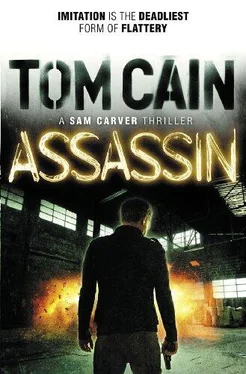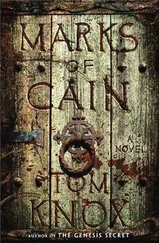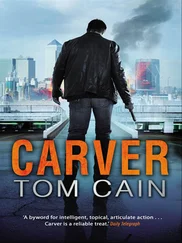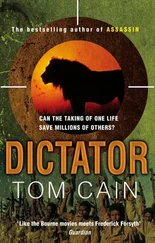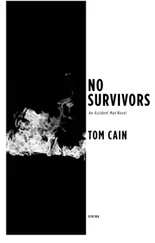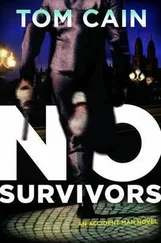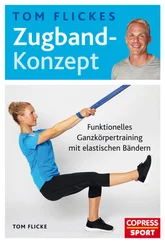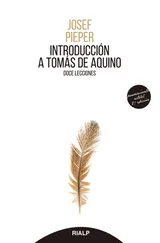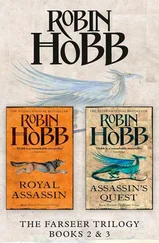Carver spent the day just trying to fill the hours. It was a feeling he knew well from his military days, the point when all the plans and preparations have been made and there’s nothing to do but wait until it’s finally time to go into action. That’s when boredom becomes a soldier’s biggest enemy.
Grantham had booked him into a nondescript three-star hotel just off Kensington High Street. Carver slept late, piled into a full English breakfast, choosing fried bread rather than toast, then worked off the cholesterol with a run that took him on a massive figure-of-eight through the parks of central London, via Hyde Park Corner and Buckingham Palace. In the afternoon a doctor came round to his room to take a look at the dressings on his back and make sure that the wounds were clean.
The doctor told Carver to take it easy. ‘Don’t worry, I will,’ he replied. And for the next few hours, at least, he kept his word. He watched some cricket on TV and then went to a movie, sitting in the dark, munching popcorn and watching actors fake the things he did for real. Afterwards, he had a couple of pints, ate Chinese for dinner and went to bed early. Grantham was picking him up at five the next morning to drive him down to Bristol, so by ten in the evening he was getting into bed. Carver wasn’t prone to anxiety before a big day. He went out like a light.
Air Force One was wheels-up from Andrews shortly before midnight, local time. The President conferred briefly with his staff before retiring to his personal quarters, intending to spend most of the six-hour flight asleep. Elsewhere in the aircraft, Tord Bahr did not allow himself that luxury. It was already dawn in England and his people were all getting into place. Earlier in the day, he’d spoken to the Brits’ anti-terrorist chief, Manners. It seemed they were taking Carver’s warning about this Damon Tyzack guy seriously. Manners assured Bahr that they had the situation covered. He also told Bahr the same thing he’d told Carver. It made no difference what Tyzack was or was not planning to do. They’d already prepared for every conceivable attack scenario.
Bahr had double-checked. He’d been on to Homeland Security, the Feds, the CIA and NSA. None of them had any intelligence whatever about any hit being planned by people-traffickers; nothing about Tyzack, either. The only indication anywhere that Tyzack might be planning something was an unsubstantiated, unreliable claim made by a man who had just suffered extreme physical and psychological abuse. But as much as he hated to admit it, to himself or Carver, Bahr didn’t think Carver was the kind of guy who invented allegations for no good reason. There might be something to what he said, despite the lack of any supporting evidence. Either way, it was an uncertainty, and it niggled away at Bahr’s mind. He got an hour’s sleep, was woken just before landing and felt like shit as he got off the plane and set foot on British soil.
Carver was supplied with a flak jacket, just in case Damon Tyzack really was in Bristol and felt tempted to take a shot at him. They gave him a pair of binoculars so that he could search for Tyzack in the crowd. He had an earpiece and mike so that he could report any sighting, or receive information from Peter Manners, who was co-ordinating the British end of the operation. What he did not possess was a weapon of any kind. So far as the authorities were concerned, Carver was a civilian like any other. And British civilians are not allowed to bear arms in any city at any time, especially not when there’s a US President in the vicinity.
Jack Grantham had been assigned the job of minding Carver. ‘You got him involved in this, you can bloody well babysit him,’ Manners had said.
The two men managed to get through the entire journey down the M4 from London to Bristol without a single argument thanks to an old soldier’s trick: the ability to go to sleep whenever the opportunity arises, no matter what the surroundings. Grantham drove. Carver dozed. One hundred and twenty miles sped by in ninety minutes of silence. Carver woke as the car slowed down, driving into Bristol. The first words he heard were Grantham muttering, ‘What the hell is that?’
A line of coaches was crawling down the inside lane. As Grantham overtook them the two men saw that signs had been placed in each of the rear windows with slogans like ‘British Muslims Against Slavery’, ‘Bradford Unites Against Oppression’ and ‘American Satan, You Are Slave-Master Now’. Carver counted ten vehicles, all of them packed. And every one of the passengers appeared to be a young Asian male. At the front of the line was a police car, its lights flashing, acting as an escort.
‘Holy shit,’ said Carver, still looking out of the window. ‘What are the plod going to do about that?’
‘What can they do?’ said Grantham. ‘They can hardly keep them out. Everyone gets to see the President, except the Muslims? That would go down like a cup of cold sick.’
‘But they’ll have to strip-search the lot of them!’
‘And then they’ll start claiming discrimination-’
‘Which it is.’
‘Up to a point. You noticed any Hindu terrorists on our soil lately?’
‘But those people will say they aren’t terrorists, they’re upright British citizens. What a mess.’
‘I know,’ said Grantham, his face wreathed in a broad smile. ‘And our good friend Assistant Commissioner Manners has been lumbered with it.’ He sighed contentedly. ‘I knew this was going to be an entertaining day.’
The Bradford convoy was directed to a special area of the coach park where a line of policemen diverted from other duties was waiting for them. Each vehicle was carrying at least fifty passengers. When the luggage holds were opened it was revealed that every one of those passengers had a rucksack and many were also supplied with large placards and banners, some carrying slogans like those on the coaches, others bearing the flags of Iran, Iraq, Syria, Afghanistan and Pakistan. A police inspector was foolish enough to order the men to leave their belongings on the coaches and proceed to Broad Quay empty-handed. At once, he was surrounded by half a dozen irate community leaders.
‘Look!’ shouted one, pulling out a woven mat from his bag. ‘Prayer mat! You telling me I cannot pray? This is religious hatred! This is harassment!’
‘What about all them lot?’ said another, his accent pure Yorkshire, pointing at a line of young white people, many of them carrying bags no different from those being taken from the coaches and waving banners emblazoned with peace signs and pictures of Lincoln Roberts. ‘Tha’s not stopping them. That’s racism, that is.’
A group of more than fifty furious young men gathered around their leaders, shouting and waving fists at the now-terrified inspector, whose own men moved in to rescue him from the mob. As a stalemate was reached at the coach park – a seething mob of Asian Yorkshiremen on one side, a nervous line of police on the other – word of the confrontation reached Peter Manners in his command centre, and Tord Bahr, newly arrived at Fairford.
‘Get them out of there, right out of the city!’ Bahr shouted. ‘These are the people who let off bombs in London. They’re Islamic terrorists. I don’t want them anywhere near this thing.’
‘I’m afraid it’s not that easy,’ said Manners, trying to keep his cool. ‘In the first place, the government does not acknowledge the concept of Islamic terrorism, the official term is “anti-Islamic activity”-’
‘You have got to be kidding me!’
‘And in the second, any attempt to remove around five hundred fit young men would require all the manpower I have available, quite apart from the potential for widespread public disorder if the riot spreads. Just let us handle it. We’ll let them in, but not before we’ve made certain that they can’t do any harm.’
Читать дальше
